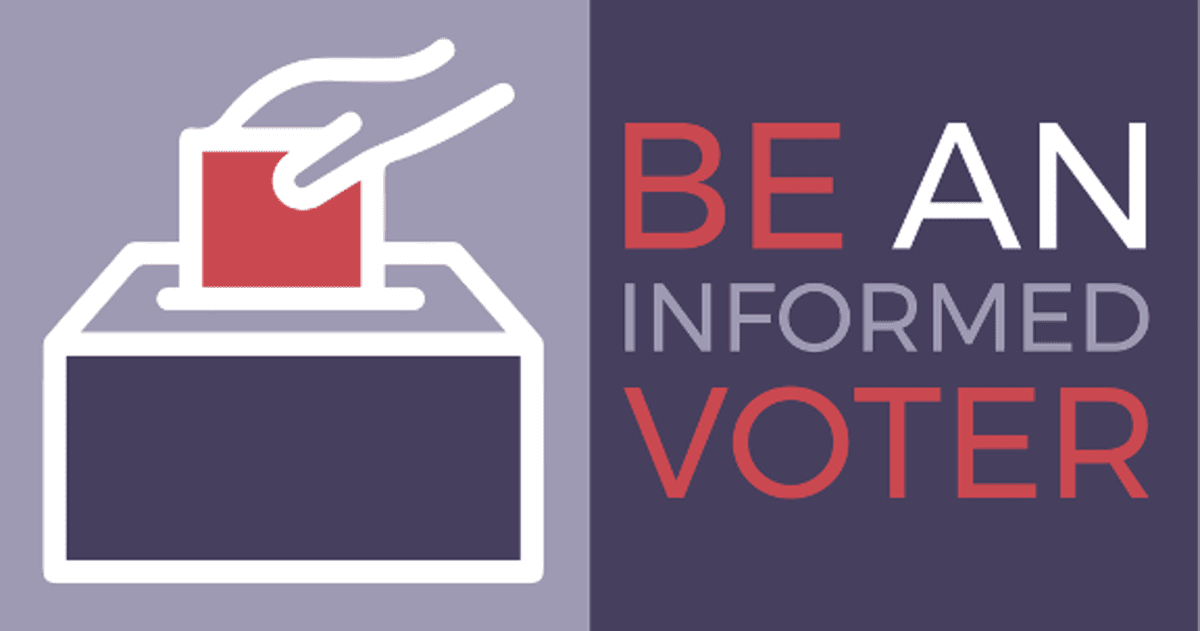
It’s been two years since the reviled CodeNEXT rezoning plan was withdrawn by the mayor and his allies on the Austin City Council, in the weeks leading up to the November 2018 election. Had CodeNEXT been implemented, it would have eliminated single-family zoning in many parts of the city, increased taxes, worsened our affordability crisis, and exacerbated flooding. The public detested the initiative, and the mayor desperately wanted voters to forget about it before they went to the polls.
His gamble paid off, and city staffers went to work on a new (and considerably worse) version of the plan shortly after the election. It was unveiled in the fall of 2019, and a majority of our current city council members gave it their preliminary approval.
A few months later, Judge Jan Soifer determined the council’s votes had been taken illegally, and she struck them down. City Hall filed a quick appeal, hoping to overturn her decision.
Since that time, Mayor Adler and the plan’s other supporters have hardly breathed a word about the land development code. Another city election is looming, and the next CodeNEXT is the last thing they want voters focused on.
Nevertheless, this November’s winners are the people who will decide the fate of the plan. Will they attempt to resurrect parts of it before their legal appeal is decided? Will they try to circumvent that decision? Or will they do the right thing, and start listening to everyday Austinites who want to protect their homes, businesses, and neighborhoods?
Before you vote this year, make sure you understand each candidate’s position on the rewrite of our land development code. Here are a few key questions:
- Does the candidate support notice and protest rights for all rezonings? (Unfortunately, these rights are opposed by the current council majority.)
- Does the candidate oppose “transition zones” allowing 4-10 housing units on single-family lots near corridors? (Transition zoning is supported by the current council majority.)
- Does the candidate oppose a rule change allowing the construction of three housing units on every single-family lot with a home 15 years or older on it? (This rule change is supported by the current council majority.)
- When it comes to urban planning, does the candidate support neighborhood plans and input by area residents? (The current council majority does not.)
- Does the candidate support implementation of The People’s Plan to fight displacement in East Austin, or does he or she believe City Hall’s current anti-displacement efforts are sufficient? (The current council majority has failed to implement The People’s Plan or fight displacement in any meaningful way.)
We also urge you to use this site to research the contributions each candidate has received from individuals, the business community, and other interests. If a large portion of funding is from the real estate industry, the candidate could be more likely to support the next CodeNEXT and trample your property rights.
This November, make sure to vote—and vote wisely.
Together we can build an Austin for everyone!